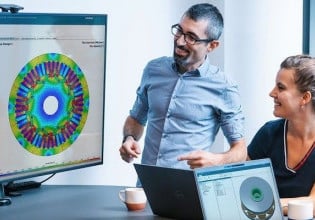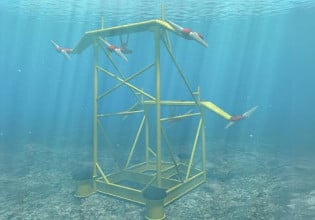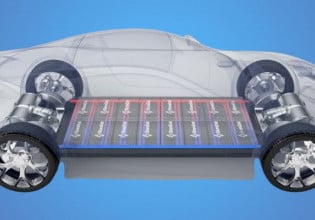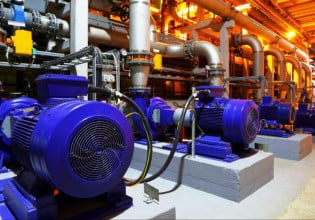Following-up on its acquisition last October of solid-state battery company Sakti3 in a deal worth $90 million, Dyson has announced that it is committing £1billion for continued research and development into advanced Li battery technologies.
“If we are to continue to create new and disruptive technology, we must develop more advanced core technologies. We have invested nearly $310m into the research and development of the Dyson digital motor, a technology that now powers our most successful machines. We will do the same with batteries. Sakti3 has developed a breakthrough in battery technology and together we will make this technology a reality,†said James Dyson, Founder and Chief Engineer of Dyson.
For the past five years, Dyson’s in-house battery team has been optimizing and developing battery technology for cordless machines and robots in its advanced battery labs at its Malmesbury headquarters. They will now work with the team at Sakti3 to develop the prototype technology and incorporate it into new and existing technologies.
“We have invested £100m looking at batteries in the past five years,†The London Telegraph reported Dyson chief executive Max Conze saying, referring to Dyson’s research on “energy density†that hopes to deliver more powerful batteries. “We are now stepping up that work and will spend one billion Pounds by 2020. Solving energy density is the greatest engineering challenge in the 21st century.â€
Although the fruits of the research are most likely to find early uses in making the company’s cordless products such as handheld vacuum cleaners more effective, developments could have much more significant applications.
Developing batteries that would give electric cars the same range as petrol engines is seen as the holy grail of the automotive industry, and if the company made a breakthrough that would achieve this is, it could put Dyson in pole position to dominate a massive market.
“Batteries that give two times the energy density and storage would be great for mobility of the future,†the chief executive said.
In 2014, Dyson made its first external investment, taking a stake in US group Sakti3 which is developing batteries that are lighter and more powerful than best currently available. Sakti’s prototype solid-state battery cells have a high energy density, giving them the potential to increase the density of today’s most advanced liquid lithium ion batteries, while also being smaller, safer, more reliable and longer-lasting.






